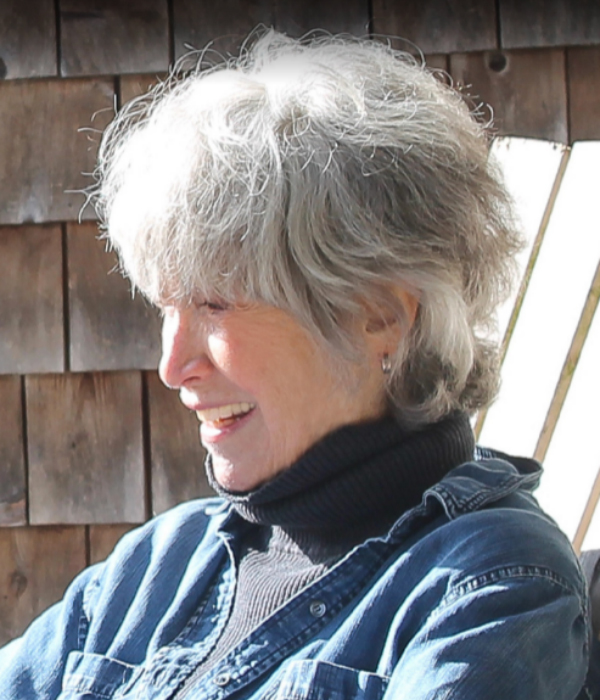By Susan Hand Shetterly
 [dropcap letter=”W”]hen I came to Maine in the early ’70s, the first room I wrote in was a tiny former chicken shed, set back in second-growth hardwoods, about a mile down Pond Road from Prospect Harbor. It was all mine. The chickens lived in the bigger shed a few yards away, closer to our cabin. I found an antique Remington typewriter at a yard sale, managed to whack a few boards up to the shed’s two-by-fours for a table, and borrowed a chair from the kitchen.
[dropcap letter=”W”]hen I came to Maine in the early ’70s, the first room I wrote in was a tiny former chicken shed, set back in second-growth hardwoods, about a mile down Pond Road from Prospect Harbor. It was all mine. The chickens lived in the bigger shed a few yards away, closer to our cabin. I found an antique Remington typewriter at a yard sale, managed to whack a few boards up to the shed’s two-by-fours for a table, and borrowed a chair from the kitchen.
It was perfect.
I was learning all I could, as people do when everything is new, about where I lived.
This was a summer-only writing space, but those summers seemed almost endless, with enough time to begin to find my voice as a writer and to test what I believed. What to write about wasn’t, somehow, a question. My husband and I had moved into the unfinished cabin on a woodlot, five minutes by bike from the working harbor. We had two thriving children, 12 chickens, a cat, and two dogs. I was learning all I could, as people do when everything is new, about where I lived, its trees and wild birds and animals, fish and fishermen, and the big salt marsh where the best black grass grew that, long ago, was hayed and taken by wagon to the barns of the local farmers for winterfeed.
I would write about where I lived as I discovered it.
A maple sapling threw a delicate branch across the window of the shed. During the day, as the light changed with the sun’s arc, the tree’s green patterns fluttered and shone. I had read, and taken to heart, Virginia Woolf’s A Room of One’s Own, and I knew that to be a writer, one needed a private space and some unencumbered time to spend in it. And one needed the belief that to write, even to write badly (because that is what beginning writers often do) was okay.
I had also read E.M. Forster’s books, including A Room With a View. It is about breaking convention in order to find out what one loves. All his books embrace the imperative of connecting to something outside oneself, and of taking a brave chance on the wide and often dangerous world. Only connect! he urges.
The sound of the Remington, the roller bar when I spun it, the arm when I flung it decisively, and the gleeful act of pulling a finished sheet of my own prose out of the machine, gave me a sense of who I was becoming.
Also, I was learning to take care of young, abandoned wild birds. Once, I was given a hatchling in a nest as neat as an English teacup, which had fallen out of an elm in Castine. It became a red-eyed vireo and lived in the shed, often perching on me as I wrote. As a fledgling, noisy and energetic, it needed more space, and I knew I had to release it soon. But when, exactly?
One late afternoon, I turned from the Remington to find an adult red-eyed vireo perched on the maple branch, staring through the window. My vireo stared back. Neither moved. Quietly, I approached the window and unlatched it. The young bird hopped onto the sash, then out onto the branch. The older bird reached forward through the leaves. Bill to bill, they touched. The young one pulsed its wings very slightly, and they flew off.
Only connect!
My vireo had left for good but, in doing so, had given me a room with a view.




